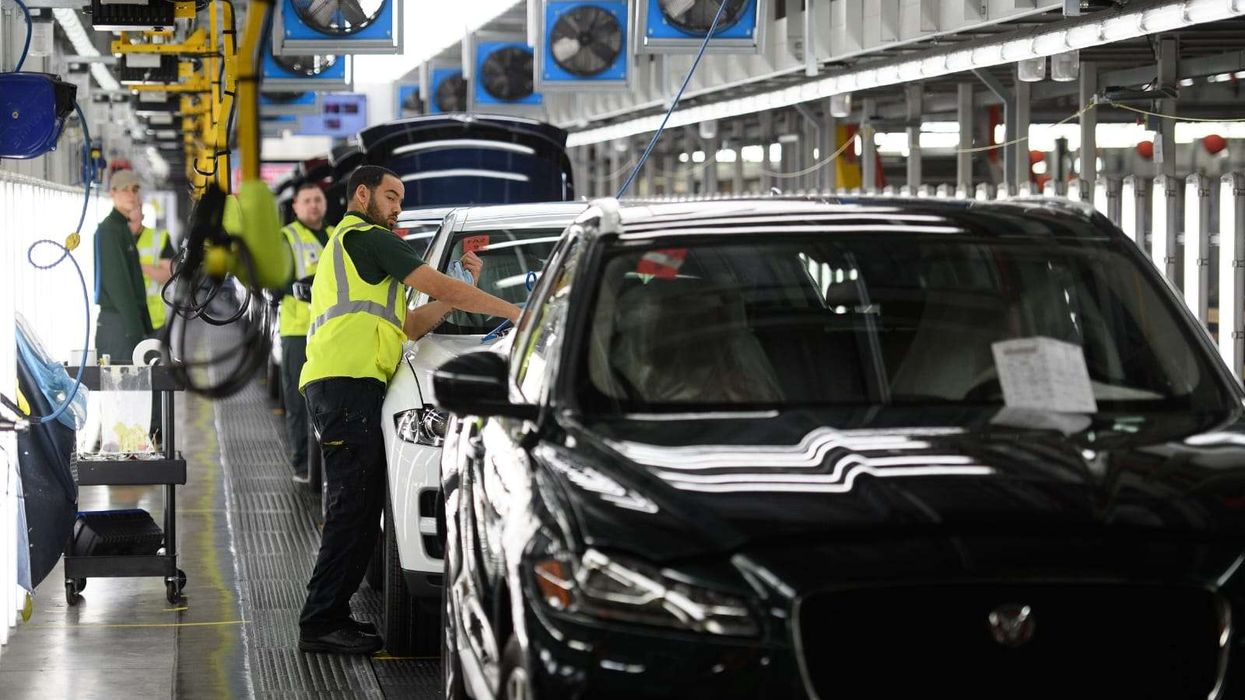With the advancement of connectivity and the internet, staying connected is more crucial than ever. Whether it's for business, socialising, or simply navigating day-to-day tasks, a reliable mobile network can significantly enhance your communication experience. Among the plethora of options available, Airtel has emerged as a leading choice for many, thanks to its combination of fast connectivity, robust network coverage, and customer-centric services. This article delves into the myriad reasons why opting for an Airtel prepaid SIM card could be a game-changer for your mobile communication needs.
Unmatched Network Coverage and Reliability
Airtel prides itself on its expansive network coverage, ensuring that you remain connected in both urban and remote areas. The company's commitment to network reliability means you can expect consistent call quality and minimal disruptions, regardless of your location. This extensive coverage is especially beneficial for those who travel frequently, ensuring seamless connectivity across different regions.
Fast Internet Connectivity
In an era where the internet has become almost as necessary as air to breathe, Airtel's fast connectivity stands out. The telecom giant offers some of the fastest internet speeds in the market, facilitated by its advanced 4G and newly launched 5G networks. Whether you're streaming videos, engaging in online gaming, or attending video conferences, Airtel's high-speed internet ensures that your experiences are smooth and lag-free.
A Plethora of Prepaid Plans
Airtel's prepaid SIM card comes with a wide range of plans, designed to cater to various needs and budgets. From daily data packs to long-term recharge options, customers have the flexibility to choose a plan that best fits their usage patterns and preferences. Additionally, Airtel frequently updates its plans to offer more data, talk time, and added benefits, ensuring you always get the best value for your money.
Value-Added Services
Apart from the core telecom services, Airtel prepaid SIM cards come with an array of value-added services. These include, but are not limited to, free subscriptions to streaming platforms, free Wynk music, Airtel TV Premium with 350+ LIVE TV channels, cashback offers on recharges, and access to exclusive Airtel Thanks rewards.
Customer-Centric Initiatives
Airtel has consistently placed a strong emphasis on customer satisfaction. One of the most convenient services offered is the 'Airtel sim home delivery', which allows new customers to get their SIM cards delivered to their doorstep. This service is particularly useful for those who are unable to visit a store physically or prefer the convenience of home delivery.
Resolving 'SIM Card Not Detected' and Other Technical Glitches
Technical issues such as 'sim card not detected' can be frustrating for any mobile user. Airtel addresses these concerns promptly with a dedicated customer support team that is accessible around the clock. Their swift response to technical glitches ensures that your mobile experience remains uninterrupted.
Commitment to Innovation
Airtel's dedication to innovation is evident in its constant efforts to upgrade and expand its network infrastructure. The telecom provider is at the forefront of adopting new technologies, including the transition to 5G, which promises even faster internet speeds and more reliable connectivity. By choosing Airtel, customers can rest assured that they are with a network that evolves with the times.
Environmental Responsibility
In today's climate-conscious world, Airtel's commitment to sustainability is worth mentioning. The company has undertaken several green initiatives, aiming to reduce its carbon footprint and contribute positively to the environment. By opting for an Airtel prepaid SIM card, you're also supporting a company that takes its environmental responsibilities seriously.
How to Switch to Airtel?
Switching to Airtel is a straightforward process. Interested users can either visit the nearest Airtel store or leverage the 'Airtel sim home delivery' service for convenience. The transition is seamless, with minimal disruption to your mobile services. Airtel's customer support team assists you at every step, ensuring a smooth switch-over.
Choosing a mobile network is a decision that impacts your daily life. With its reliable network coverage, fast internet connectivity, variety of plans, and a host of other benefits, Airtel stands out as a premier choice for those seeking a seamless mobile experience. The convenience of services like 'Airtel sim home delivery' coupled with the company's proactive approach to resolving issues like 'sim card not detected' reflects Airtel's commitment to customer satisfaction. By opting for an Airtel prepaid SIM card, you're not just choosing a telecom provider; you're choosing a partner that ensures you stay connected to what matters most.











